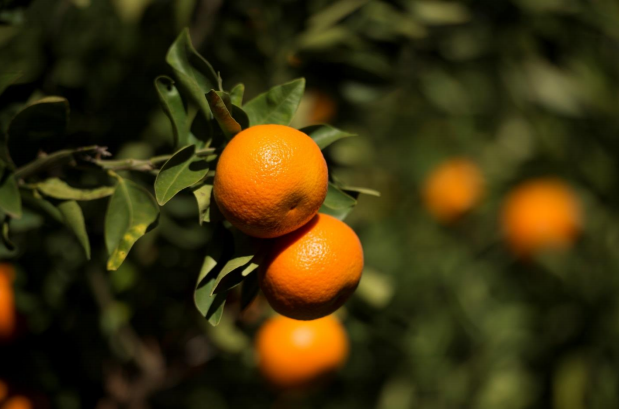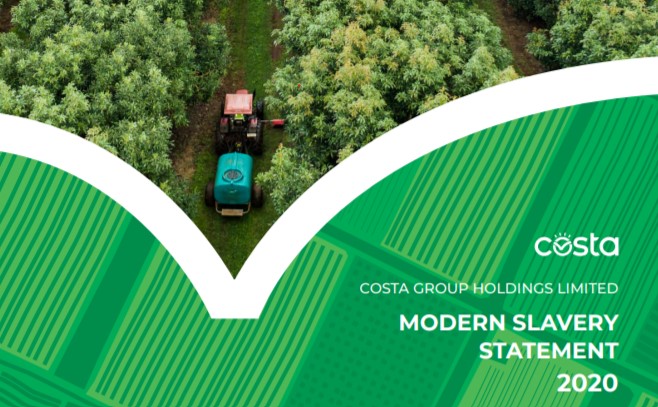Costa supports TCFD

Costa has declared its support for the Task Force on Climate-related Financial Disclosures (TCFD), joining more than 1500 organisations in demonstrating a commitment to building a more resilient financial system and safeguarding against climate risk through better disclosures. The TCFD, chaired by Michael R. Bloomberg, founder of Bloomberg LP and Bloomberg Philanthropies, provides market participants […]
COVID leads to fruitful work

With COVID disrupting their long-term careers, Craig and Fiona Dennes decided to answer the call for more fruit pickers – turning work into an opportunity to explore Australia. Last year the couple, originally from Taree, found themselves without employment after long careers in the telecommunications and retail industries. “Our lives were flowing along as usual […]
Coalition Government delivers visa for farmers
The Federal Liberal National Government has delivered an Australian Agriculture visa that will address the immediate workforce shortage facing Australia’s farmers, and support the ongoing structural change in the agriculture workforce. The Australian Fresh Produce Alliance (AFPA) has consistently called for the introduction of a dedicated agriculture visa which will allow workers from overseas to […]
Graduate Program 2022

Designed to provide career pathways and opportunities for people passionate about the future of sustainable fresh food production, Costa’s 2022 Graduate Program is now open for applications. Costa Group, Australia’s leading grower, packer and marketer of fresh fruit and vegetables, offers an 18-month Graduate Program which provides exposure across key areas of the Costa Group […]
Industry calls for agriculture visa trial
The horticulture sector is calling for a trial of the newly announced Seasonal Agriculture Worker visa to commence before year end. The Australian Fresh Produce Alliance (AFPA), of which Costa is a member, has previously welcomed the announcement of a dedicated Seasonal Agriculture Worker visa, which will reduce industry’s reliance on working holiday makers and […]
Costa finalises Select Fresh Group acquisition

Costa has finalised the acquisition of Select Fresh Group (SFG), a leading Western Australian based wholesale distribution business specialising in the supply of fresh produce to food service and independent supermarkets. SFG will sit within the Costa Farms and Logistics business unit and will expand Costa’s offering into Western Australia. “SFG increases our supplier grower […]
2PH Farms acquisition and capital raising

Costa Group Holdings Limited has entered into binding agreements (subject to the satisfaction of customary conditions) with a group of companies (Pressler entities) to acquire the business and assets of 2PH Farms Pty Ltd and its related entities (“2PH”), a Central Queensland based citrus grower for an upfront consideration of approximately $200 million in cash. […]
UNE and Costa team up for world-first study

A world-first study using DNA samples from hydroponics is being undertaken through a collaboration between University of New England (UNE) and Costa, as part of the Future Food Systems Co-operative Research Centre (CRC). The CRC’s ‘Tomato rhizobiome’ project’ is designed to further the understanding of microbial colonies in the root zones of hydroponically grown greenhouse […]
Harvest trail takes couple around Australia

After making the decision to stay in Australia rather than return to their home in Chile, Cristobal Barriga and Valentina Vargas Guzman have found picking fruit is the perfect way to see the country. The couple, who has been in Australia since February last year, started working with Costa Berries in Corindi, on the Mid […]
Modern Slavery Statement

At Costa we are committed to respecting human rights across our domestic and global operations. We recognise that our people are our greatest asset and the Costa business is founded on the principles of People First, a character and values-based program that is driven by passion and performance. It influences everything we do as a […]